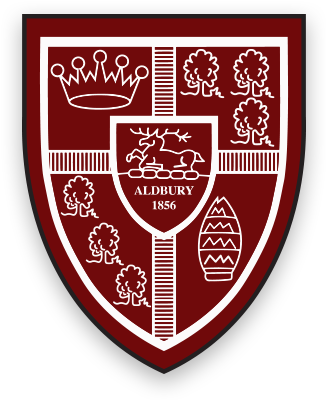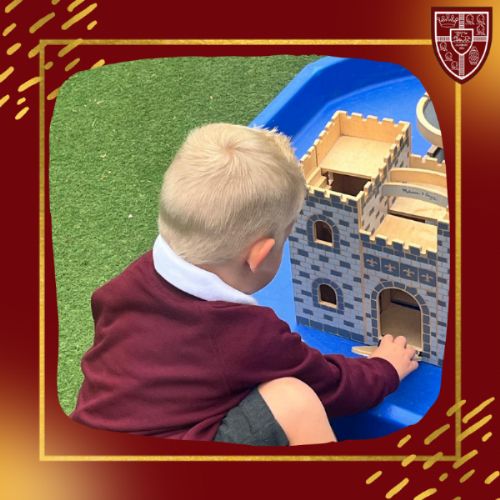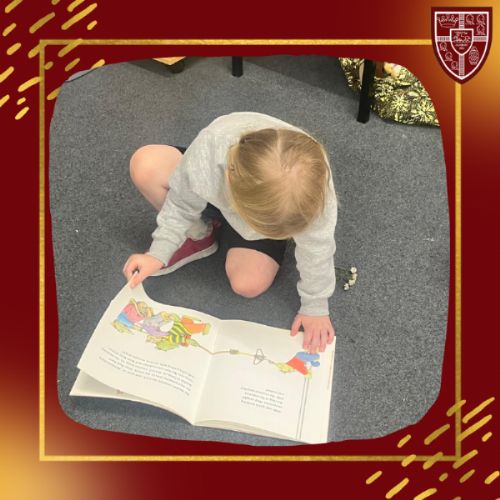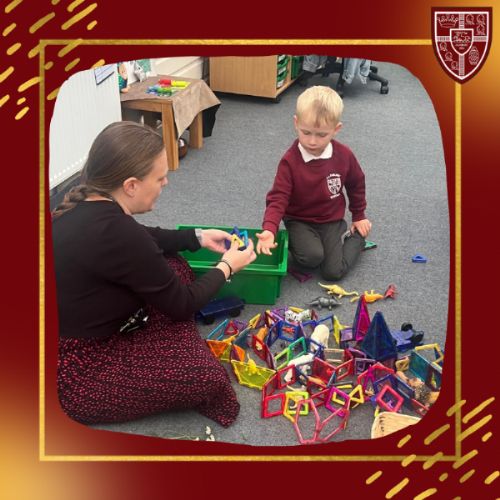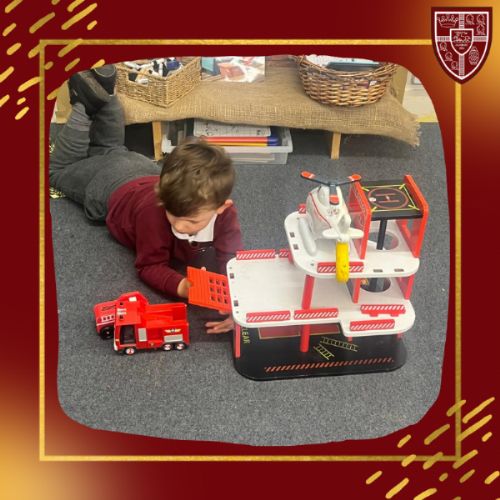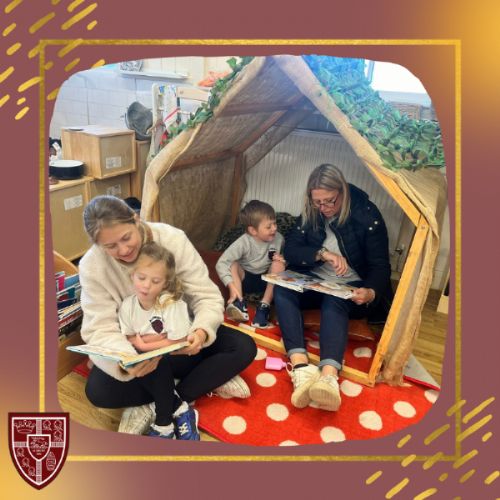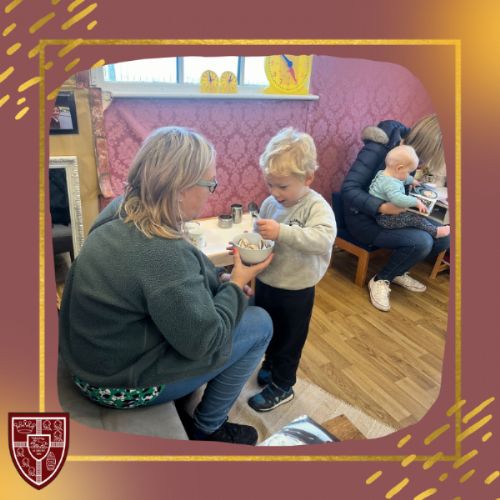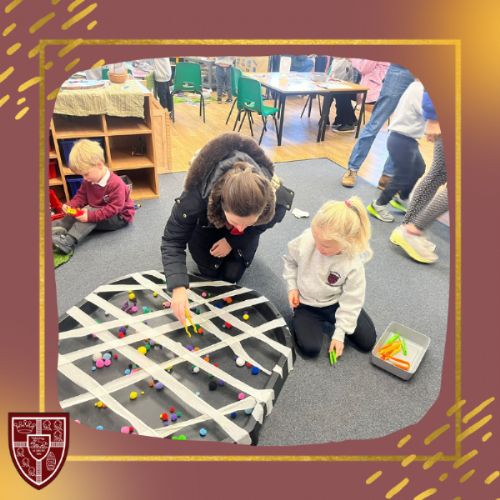Class 1
Welcome to Class 1 – Our Early Years Unit for Reception and Nursery!
We are Mrs Godman and Miss Vardy and have been the early years team at Aldbury for 6 years. We are lucky to have the support of Miss Shepherd and Mrs Janes this year.
The Class 1 team aim to foster an inclusive classroom, enabling all members to flourish and make everyone feel happy and welcome.
We hope that this page will keep parents and carers up to date with all the exciting things that are happening in our class. We are very excited for the children to continue to discover all the wonderful things that make Nursery and Reception special.
If you have any questions or concerns, please feel free to message Mrs Godman on Dojo or arrange to speak with her after school.
